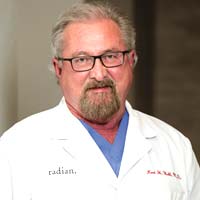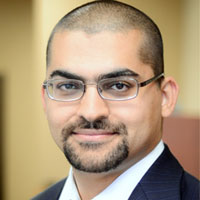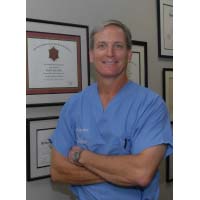New Hair Loss Discoveries
For anyone who is suffering from hair loss, the want to find
a fix-all solution is never ending. Having a natural looking full head of hair,
can not only bring up someone’s personal self esteem but is also goes leaps and
bounds in projecting themselves in the public’s eye as healthy and attractive.
This is something one surgeon who performs hair transplants
knows all too well. In a recent article
published by The Verge, the doctor offers an explanation - complete with
pictorials on how he uses frozen scalps of donors to uncover new ways to
perform better, more natural hair transplants.
According to the article, Dr. Carlos Wesley who offers hair
transplants in Manhattan, is dedicating lots of time and effort to further
developing his study of hair follicle stem cells, and what he believes will be
the next big thing in hair restoration.
He is working on the creation of a new device - a piloscope
- that will take her follicles from underneath a peeled back part of the
scalp, to reduce much of the down sides and scarring currently associate with
hair transplants.
While much of the invention is put together already - the
doctor said his plans involve showing off the device to the industry
professionals and getting their feedback on it before making it available to
hair doctors for use - he believes that won’t be until early 2016.
Hairfear - 7-16-2014
Frequently asked questions about hair transplant procedures
How much does a hair transplant cost?
Hair transplants can vary in price based off of the area in the world that you are interested in getting a hair transplant as well as the size of the area where you may need a hair transplant. Experienced doctors in the United States will often charge some of the highest prices for a hair transplant worldwide and this is why so many travelers make the move to other parts the world like Turkey, India, Thailand, Mexico...etc for their hair transplants.
Will a hair transplant hurt?
Although hair transplants may look like a particularly
unpleasant or painful experience is actually very little discomfort involved
with the surgery itself. Hair transplants are always done under an anesthetic so there's absolutely zero pain during the treatment itself. Many people actually relate the process as being very similar to going to the dentist for filling or root canal. Mild pain can persist over the course of postop treatment but he generally just resumes for a few days.
Who can deliver the best surgery?
It's usually best to consider working with surgeons who have and IAHRS certification or international alliance of hair restoration surgeons recognition. IAHRS can often deliver recommendations for the best surgeons in each particular area.
Is this scarring noticeable?
Any type of hair transplant will require the use of incisions throughout the scalp. There can also sometimes be a small scar from the donor area towards the back of the scalp. Asking to look at photos of the surgeon's previous work will help you to see roughly how bad the scarring could be. In most cases an experienced professional can limit the look of scarring and noticeable marks from the surgery.
How long does it take for the hair to grow?
In most cases hair growth will start within eight months and you can start to see a full effect from the hair transplant after a full year. The initial signs of growth can usually start between 3 to 4 months after the surgery.
Are the results permanent?
The hair follicles that are transplanted are generally the ones which are genetically resistant against the symptoms of baldness. As long as you receive hair loss treatment later in your life after the symptoms of balding have started to subside, you can have a better chance at permanent results.
While everyone know you've had surgery?
If you want to limit the chance that people may find out about your surgery it's important to give at least three weeks of healing as the surgical area will be affected and red just after surgery. After around a month of healing it can look far less noticeable. You could consider wearing a hat while time passes or opting for some extra time off if possible.
How long should I rest after surgery?
It's recommended to rest for at least a few days after surgery so that your body can recover. Trenton to over exert yourself and limit sexual activity, running in the gym for around 10 days after surgery.
Is it possible to lose more hair as a result of surgery?
There is always a chance of shock loss which happens when the hair is weak and miniaturizing after the surgery. As long as the surgeon is choosing the correct hair follicles and performing the surgery well it's possible to minimize the chance of this happening however.
Will I need another hair transplant?
The need for another transplant really depends on the individual. With a solid foundation surgery and working to potentially bolster results with drug therapy, you can improve the stability of the hair that was transplanted as well as prevent further loss. Getting a hair transplant early
on in your 20s or early on in life could lead to needing long-term transplants as hair loss can be progressive.







